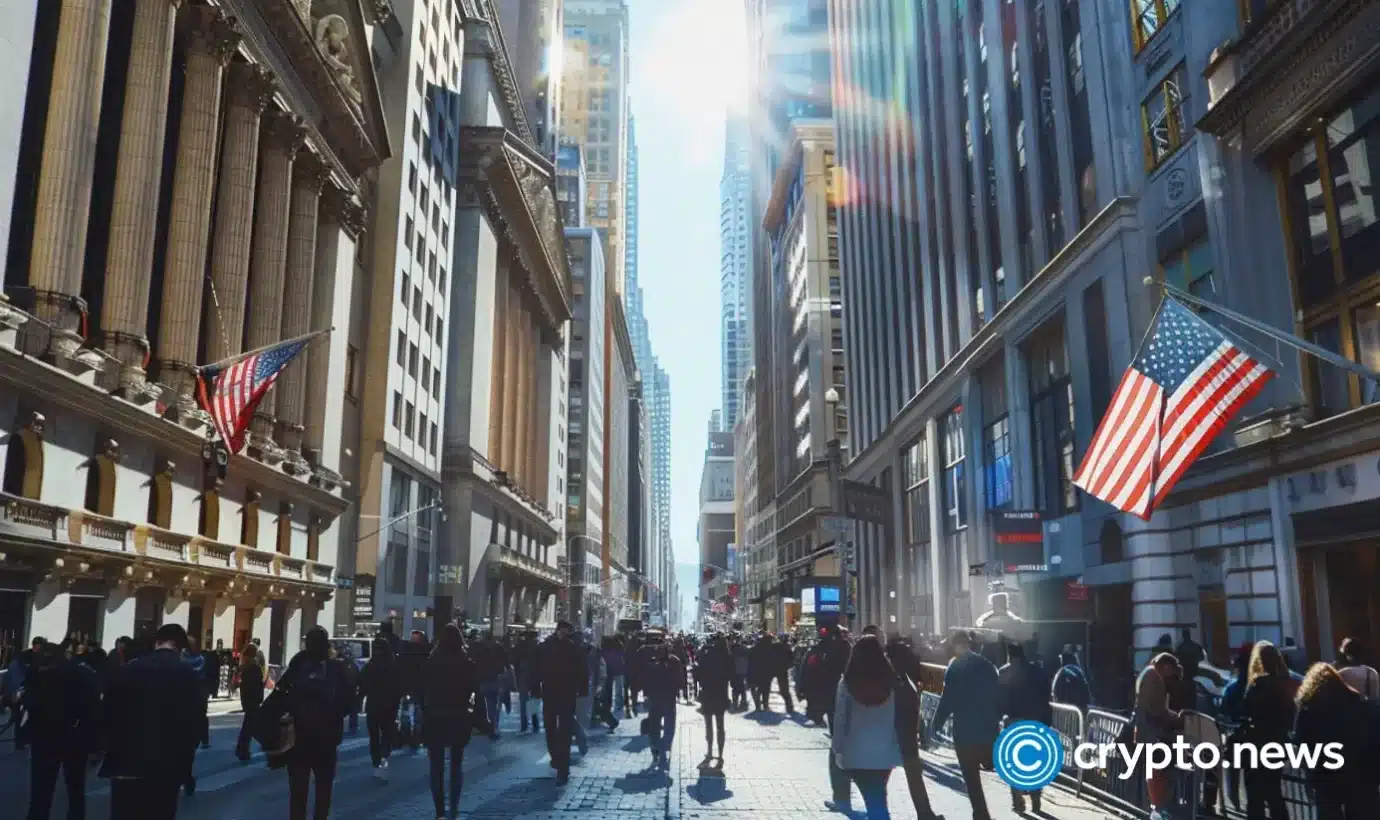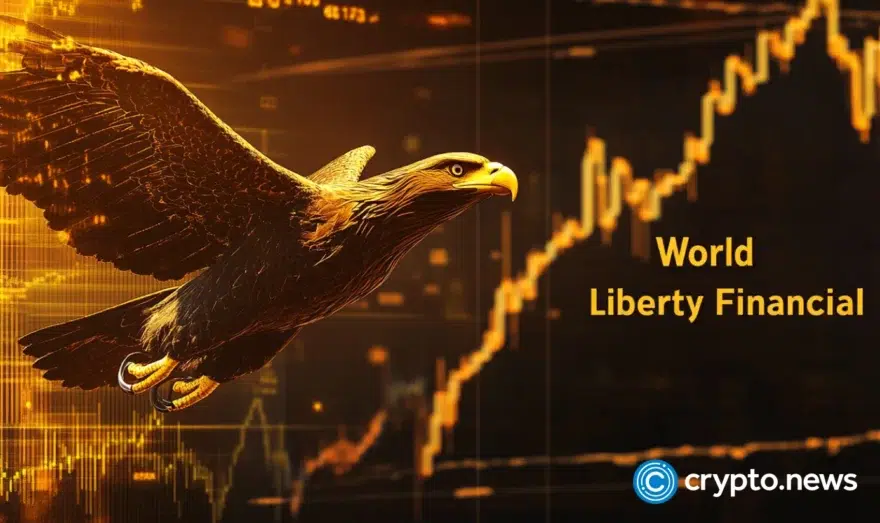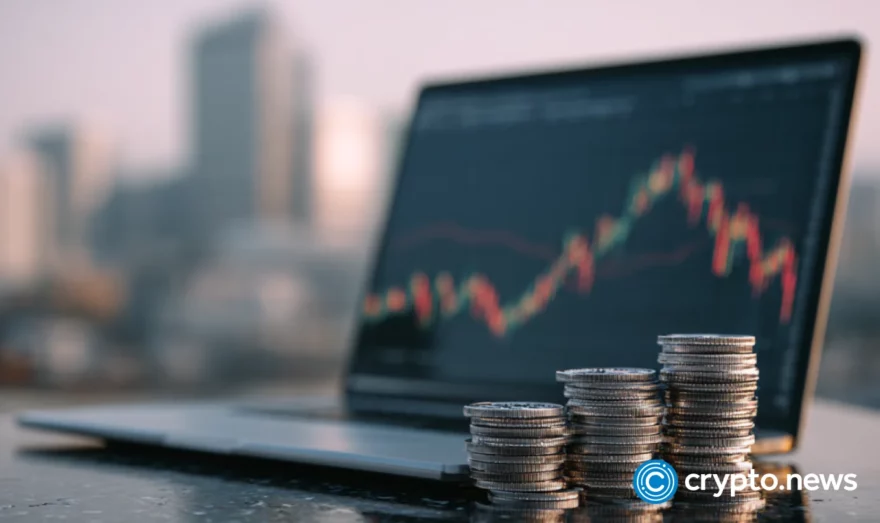U.S. stocks open sharply lower as the Trump tariffs pause rally cools

U.S. stocks opened sharply lower after a dramatic surge that had seen the Dow Jones Industrial Average jump 3,000 points and the S&P 500 soar 12% on news of a 90-day tariffs pause.
The S&P 500 opened 2% lower on Thursday, and the Dow Jones Industrial Average shed 715 points, or -1.76%, following futures that signaled a slight pullback. The negative open reflected investor sentiment as markets digested the evolving tariff environment—jitters around the U.S.–China trade war and its broader economic impact dominated premarket trading.
Although the historic rally for U.S. indexes had extended into broader risk asset markets, the S&P 500 futures had fallen 2.07%. Dow futures gave up 636 points, or about -1.56%, while futures tied to the tech-heavy Nasdaq 100 tumbled 2.54%.
At the open, the Nasdaq extended losses to 3% in early trades, with Apple and Tesla shares declining more than 3% and 5%, respectively. Nvidia also dipped sharply, down 4.9% at open, while Meta Platforms dropped 3.7%.
These declines across the major indexes came after historic rallies on April 9. But experts, including economist Mohamed El-Erian urge caution.
Ahead of the market open, the U.S. Bureau of Labor Statistics released the Consumer Price Index report for March. It showed that inflation eased to 2.4%, falling 0.1% on a seasonally adjusted basis. This compares to February’s 2.8%, marking the slowest core inflation growth month-over-month since March 2021.
While March’s CPI report suggests U.S. inflation pressures decreased considerably month over month in March, tariffs concerns loom. The inflation report came out just a day after President Donald Trump provided a massive upside injection for markets with the 90-day pause to reciprocal tariffs.
Markets responded positively to the pause, though analysts noted that the newly announced 125% tariffs on Chinese goods remained a looming concern. While the White House is open to negotiation during the 90-day window, uncertainty over China’s response is weighing on investor sentiment.

















